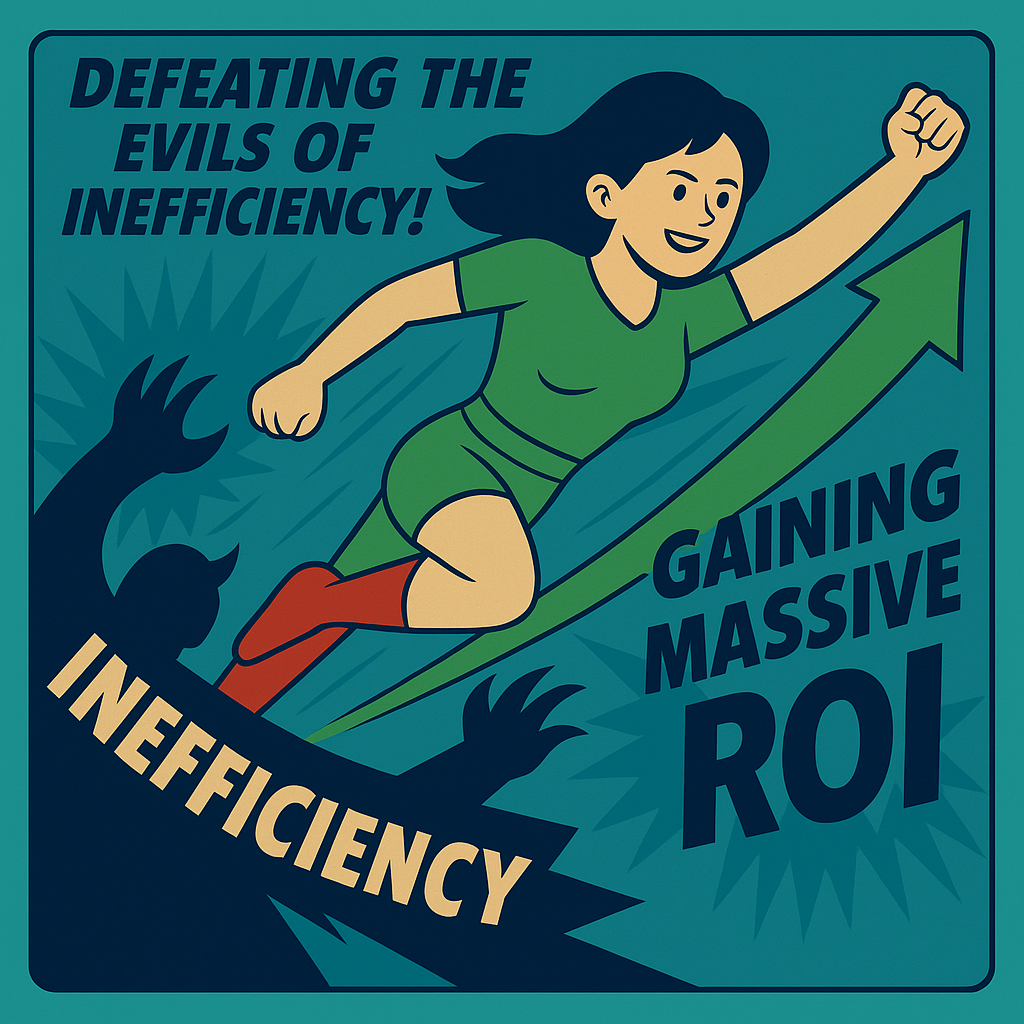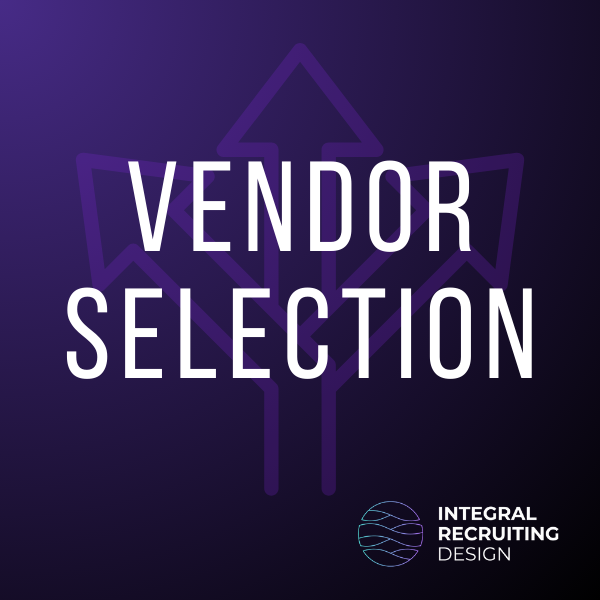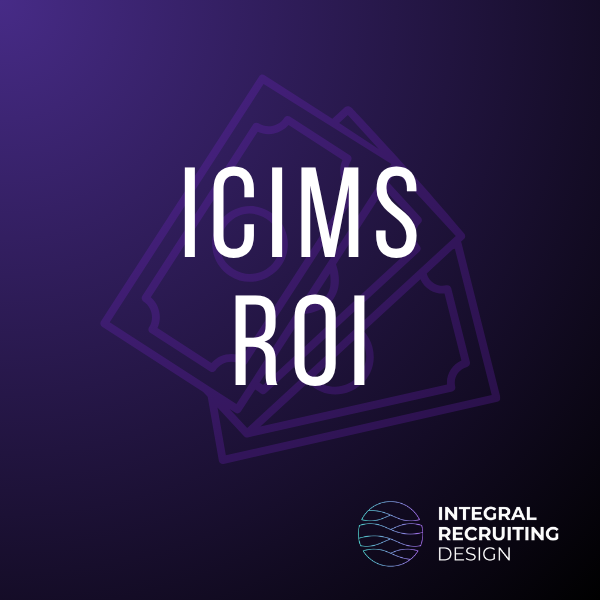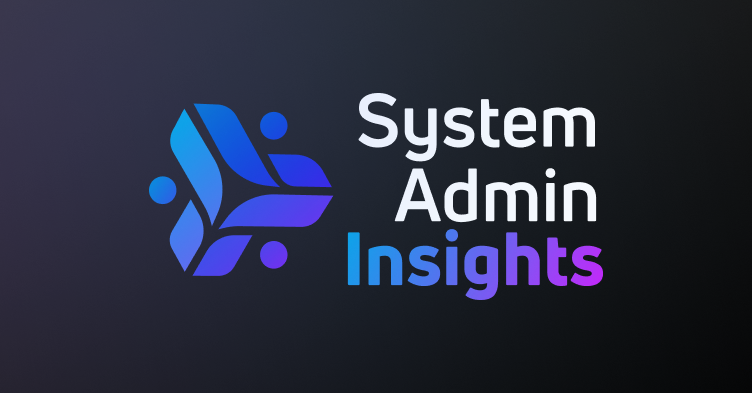Companies invest heavily in applicant tracking systems like iCIMS today. They want to streamline recruiting operations. They need to ensure compliance. They want to drive strategic workforce decisions.
These platforms promise efficiency, insight, and competitive advantage. However, there’s a catch that many organizations discover too late.
A high-performing ATS doesn’t run itself.
The Hidden Foundation of Success
Behind every smooth recruiting operation is an unsung hero. Behind every seamless candidate experience is the same person. Behind every insightful hiring report is the iCIMS System Administrator.
This role is often misunderstood. It’s frequently underestimated. Worse yet, it’s treated as an afterthought.
Companies make two common mistakes:
- They assign system administration to someone as a side responsibility
- They assume the software vendor will handle optimization and maintenance
Here’s the reality: talent acquisition departments need dedicated, skilled stewardship. Without it, even the most sophisticated platform becomes expensive software that underperforms.
The Administrator Behind the Curtain
You won’t find system administrators in flashy recruitment campaigns. They’re not positioned at the top of organizational charts. However, their influence touches every successful hire.
What They Actually Do
They are the architects who design workflows that keep processes moving efficiently.
They are the guardians who ensure hiring managers have appropriate access at the right moments.
They are the problem-solvers who address issues before users even realize problems exist.
A great system administrator transcends basic “keep the lights on” mentality. Instead, they focus on strategic optimization.
Core Responsibilities
System Configuration:
- Configure the system to align with unique business needs
- Reject default settings that don’t serve the organization
- Optimize workflows for maximum efficiency
- Eliminate unnecessary steps and automate routine tasks
Integration Management:
- Establish critical integrations with background check providers
- Maintain connections with scheduling tools
- Coordinate other essential HR technology components
Strategic Analysis:
- Monitor system health continuously
- Analyze user behavior patterns to identify improvement opportunities
- Stay ahead of evolving compliance requirements
- Ensure the system supports audit needs and regulatory obligations
Business Translation:
- Serve as translators between business stakeholders and technical possibilities
- Turn operational needs into systematic solutions
The iCIMS Expertise Advantage
Managing iCIMS requires deep understanding of the platform’s unique capabilities. It also requires knowledge of its quirks.
Technical Requirements
An effective iCIMS System Administrator must master several areas:
Navigation Skills:
- Navigate complex dashboards confidently
- Build sophisticated reports
- Manage granular permission structures
These permission structures can span hundreds of users. They often cover multiple departments and locations.
Platform Expertise:
- Understand workflow design nuances
- Master approval routing complexities
- Configure automation triggers effectively
These skills make the difference between smooth processes and bottlenecks.
Integration Knowledge:
- Understand iCIMS API integrations
- Know how integrations interact with other HR technology tools
- Navigate increasingly complex tech ecosystems
The Complexity Challenge
iCIMS offers tremendous power and flexibility. However, that strength comes with corresponding depth and complexity.
The ability to navigate complexity effectively separates successful implementations from failures. You need to know not just what’s possible. You need to know what’s practical and sustainable.
This knowledge separates implementations that thrive from those that quietly deteriorate over time.
Debunking Common Misconceptions
“It’s Just Data Entry and Basic Maintenance”
This perception fundamentally misunderstands the role’s strategic nature. Data hygiene represents an important responsibility. However, skilled administrators do much more.
They create the structural foundation that makes accurate data collection possible. They anticipate how each element will be used downstream:
- Hiring managers need specific information
- Reporting systems require clean data
- Compliance auditors demand accuracy
- Strategic analysts need usable formats
Strategic Data Architecture
Effective administrators think systematically about data architecture. They design forms and processes strategically.
Their designs accomplish two goals:
- Capture the right information for immediate operational needs
- Support long-term analytical requirements
They build validation rules. They establish naming conventions. They create user guidance that prevents problems rather than cleaning up afterward.
“Can’t We Just Rely on iCIMS Support?”
Vendor support serves an important function. However, support representatives aren’t your internal strategists.
What vendor support lacks:
- Intimate knowledge of your organizational structure
- Understanding of competing priorities
- Historical context behind configuration decisions
- Knowledge of day-to-day team realities
iCIMS support staff have broad technical knowledge. They have experience with common issues across many implementations. However, they haven’t walked in your recruiters’ shoes. They haven’t sat in your leadership meetings.
That local, contextual understanding proves essential. It enables configuration decisions that truly serve your organization’s unique needs. Generic best practices aren’t enough.
“Our Recruiter Can Handle System Administration”
Some recruiters possess both technical aptitude and interest to manage system administration effectively. However, expecting this creates problems.
Why this approach fails:
- Most recruiters lack the bandwidth for complex system management
- Most recruiters lack specialized technical skills for enterprise-scale systems
- Splitting focus between recruiting and system administration sacrifices performance
The Focus Problem
Recruiting requires deep attention to specific areas:
- Relationship-building
- Market knowledge
- Candidate engagement
System administration demands different skills:
- Technical precision
- Process analysis
- Strategic thinking about technology architecture
Excellence in both areas simultaneously proves challenging for most professionals.
Essential Skills for iCIMS Excellence
The most effective iCIMS System Administrators combine multiple skill sets. Many organizations underestimate these requirements.
Technical Proficiency
Core technical skills include:
- Navigate complex permission structures
- Build custom iForms that capture necessary information without overwhelming users
- Manage integrations with third-party tools that extend platform functionality
Strategic Thinking
Strategic thinking becomes crucial for long-term success. Administrators must understand how individual configuration choices affect multiple outcomes:
- System adoption rates
- User satisfaction levels
- Business results
Great administrators consider more than technical possibility. They evaluate whether configuration choices serve long-term organizational goals and user needs.
Interpersonal Skills
Empathy might seem unusual for a technical role. However, it’s essential for designing user-friendly systems. It’s also crucial for supporting diverse stakeholders with varying technical comfort levels.
The best administrators put themselves in users’ shoes. They anticipate pain points. They design solutions that feel intuitive rather than burdensome.
Communication Excellence
Communication skills tie everything together. They enable administrators to translate between technical possibilities and business requirements.
Key communication responsibilities:
- Explain complex system concepts to non-technical users
- Articulate business needs to technical vendors
- Coordinate with integration partners
Multiple Role Functions
These professionals function as several roles simultaneously:
- System architects and system engineers
- Internal consultants and user champions
This requires constant balancing of competing demands and priorities.
The Daily Reality of System Administration
Understanding what iCIMS administrators actually do clarifies why the role requires dedicated focus. Part-time attention isn’t sufficient.
Morning Priorities
A typical day might begin with urgent tasks:
- Review overnight support tickets
- Resolve system bugs that could affect user productivity
- Address issues that need immediate attention to prevent escalation
Proactive Monitoring
Daily monitoring includes:
- Review recent configuration changes
- Analyze audit logs for unusual patterns
- Check integration health to ensure data flows correctly between systems
This preventive work catches problems before they impact users. However, it requires consistent attention to detail.
Collaboration Activities
Collaboration represents a significant portion of the role:
- Meetings to understand recruiter pain points
- Planning sessions for new department rollouts
- Feature implementation coordination
- Calls with other HR technology vendors to ensure smooth integrations
Professional Development
Ongoing learning activities include:
- Attend vendor webinars
- Read release notes for new platform features
- Participate in user communities
- Research best practices from other organizations facing similar challenges
Documentation and Change Management
Administrative responsibilities include:
- Track configuration changes carefully
- Create user guides
- Maintain system architecture documentation
- Support knowledge transfer and troubleshooting
This combination of activities requires sustained focus and specialized skills. Therefore, it justifies dedicated role ownership.
Why System Administration Often Goes Undervalued
The inherent invisibility of excellent system administration creates recognition challenges. This affects many organizations.
The Invisibility Problem
When systems work smoothly, users rarely think about behind-the-scenes work. Successful administrators prevent problems rather than solving dramatic crises. This makes their contributions less visible than reactive heroics.
Budget Discussions
This invisibility becomes problematic during budget discussions. It also affects ROI evaluations for HR technology investments.
The visibility imbalance:
- Easy to see: System administrator salary costs
- Hard to quantify: Value of problems that never occurred
- Hard to quantify: Processes that run smoothly
- Hard to quantify: User satisfaction that enables productivity
When Things Go Wrong
The contrast becomes stark when system administration lapses. Users definitely notice several problems:
- Reports break unexpectedly
- Forms generate error messages
- Approval workflows stall
- Integrations fail silently
However, by then the damage has already occurred:
- Lost productivity
- Reduced user confidence
- Compromised data integrity
The Blame Game
Organizations often blame the software during these failures. They assume iCIMS or other platforms have inherent limitations.
More often, the root cause traces back to insufficient internal ownership and stewardship. The system administrator serves as the critical link between software capabilities and organizational success.
Elevating System Administration as a Strategic Profession
HR technology ecosystems grow increasingly complex. Strategic importance increases accordingly. Therefore, organizations need to treat system administration as a distinct profession.
This isn’t a collection of tasks that can be distributed among existing staff. This mindset shift requires concrete changes.
Professional Development Investment
Budget allocation for ongoing professional development acknowledges reality. HR technology evolves rapidly. Administrators need continuous learning opportunities to stay current.
Essential learning opportunities include:
- Vendor training programs
- Industry conferences
- Certification programs
- Participation in professional communities where administrators share knowledge and best practices
Competitive Compensation
Competitive compensation reflects the specialized nature of the role. It also reflects the value skilled administrators bring to organizations.
Experienced iCIMS administrators can command six-figure salaries. This is particularly true when they demonstrate measurable impact on recruiting efficiency and system ROI.
Professional Community Connection
Connection to professional communities like System Admin Insights provides several benefits:
- Peer networks for knowledge sharing
- Learning opportunities for skill development
- Career development resources for professional growth
These connections help administrators bring fresh insights back to their organizations.
The Strategic Impact of Investment
Organizations that invest properly in iCIMS system administration see broad returns. These extend far beyond technical system performance.
Team Productivity Benefits
Skilled administrators enable recruiting teams to focus on core activities:
- Relationship-building with candidates
- Strategic talent acquisition planning
Teams spend less time troubleshooting system issues. Therefore, they can focus on high-value activities.
Leadership Support
Administrators provide leadership with reliable data. This supports informed decision-making about:
- Talent strategies
- Resource allocation
- Performance optimization
ROI Analysis Excellence
Exceptional system administrators become ROI analysts for your entire iCIMS investment. They establish baseline metrics before implementing changes. They measure the impact of system optimizations on key performance indicators.
They demonstrate concrete value:
- Workflow improvements translate into reduced cost-per-hire over time
- Streamlined application processes improve conversion rates by 15%
- Optimized search functionality saves recruiters two hours per week
They quantify these improvements in dollars and cents. This measurement capability transforms system administration from a support function into a profit center.
Competitive Advantage Creation
Great system administrators turn ATS platforms from operational necessities into competitive advantages.
How they create advantage:
- Identify opportunities for process improvement
- Implement innovations that differentiate the candidate experience
- Ensure the organization can adapt quickly to changing business needs
- Enable rapid response to market conditions
Strategic Value in Complex Markets
This strategic impact becomes particularly valuable as talent acquisition grows more complex and competitive. Organizations with well-administered systems can:
- Move faster than competitors
- Make better decisions with reliable data
- Provide superior experiences for internal users and external candidates
Conclusion: Recognizing the Foundation of Success
Are you serious about extracting maximum ROI from your iCIMS investment? Then you must invest in the people who make it work effectively.
A dedicated, skilled System Administrator represents one of the highest-return investments you can make. This investment focuses on your talent technology infrastructure.
The Ripple Effect
These professionals may not generate headlines. They don’t occupy corner offices. However, they create the foundation that enables everything else in talent acquisition to function effectively.
When organizations empower skilled administrators to do their jobs well, positive impact ripples through every aspect of the recruiting operation.
The Critical Question
The question isn’t whether you can afford to invest in proper system administration. It’s whether you can afford not to invest.
Your competitors are discovering the competitive advantage that comes from treating HR technology strategically. They’re moving beyond viewing it as a necessary expense.
Want more insights like these?
👉🏼 Join the Conversation: RSVP for our Free Friday Calls for iCIMS customers:
https://system-admin-insights.circle.so/events
Find the “Free Friday” event, click RSVP, and create your free profile.
🧠 Get Ongoing Expert Support: Join System Admin Insights for the best deal in iCIMS consulting—daily Office Hours with expert consultants, kickback-free vendor selection support, and a consultant-moderated Quick Answers channel.
https://system-admin-insights.circle.so/c/icims-discussion/




